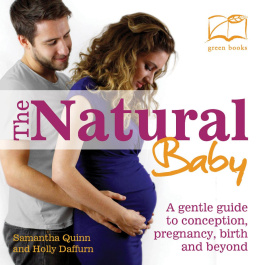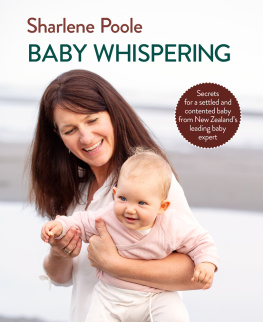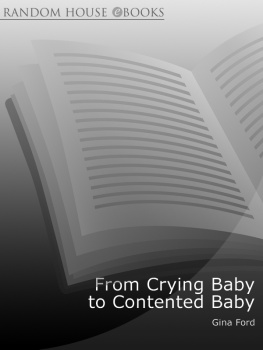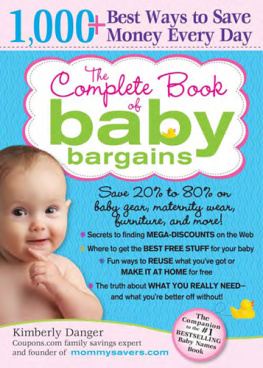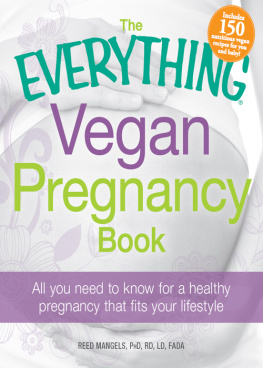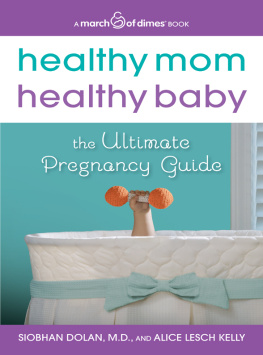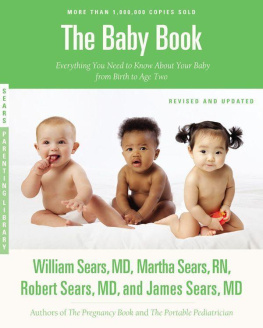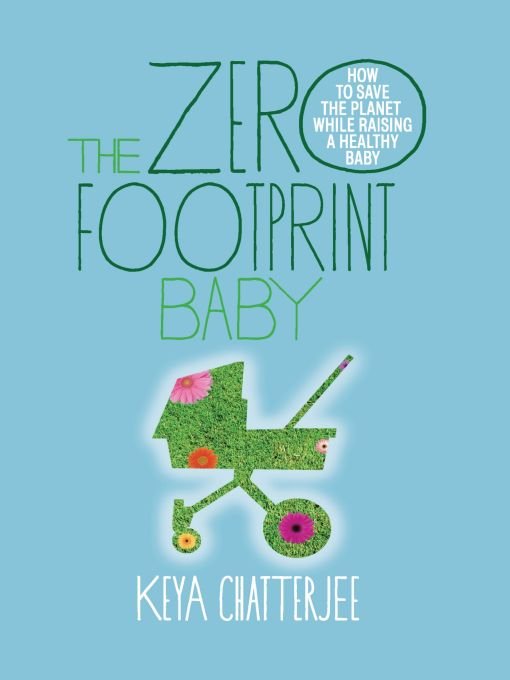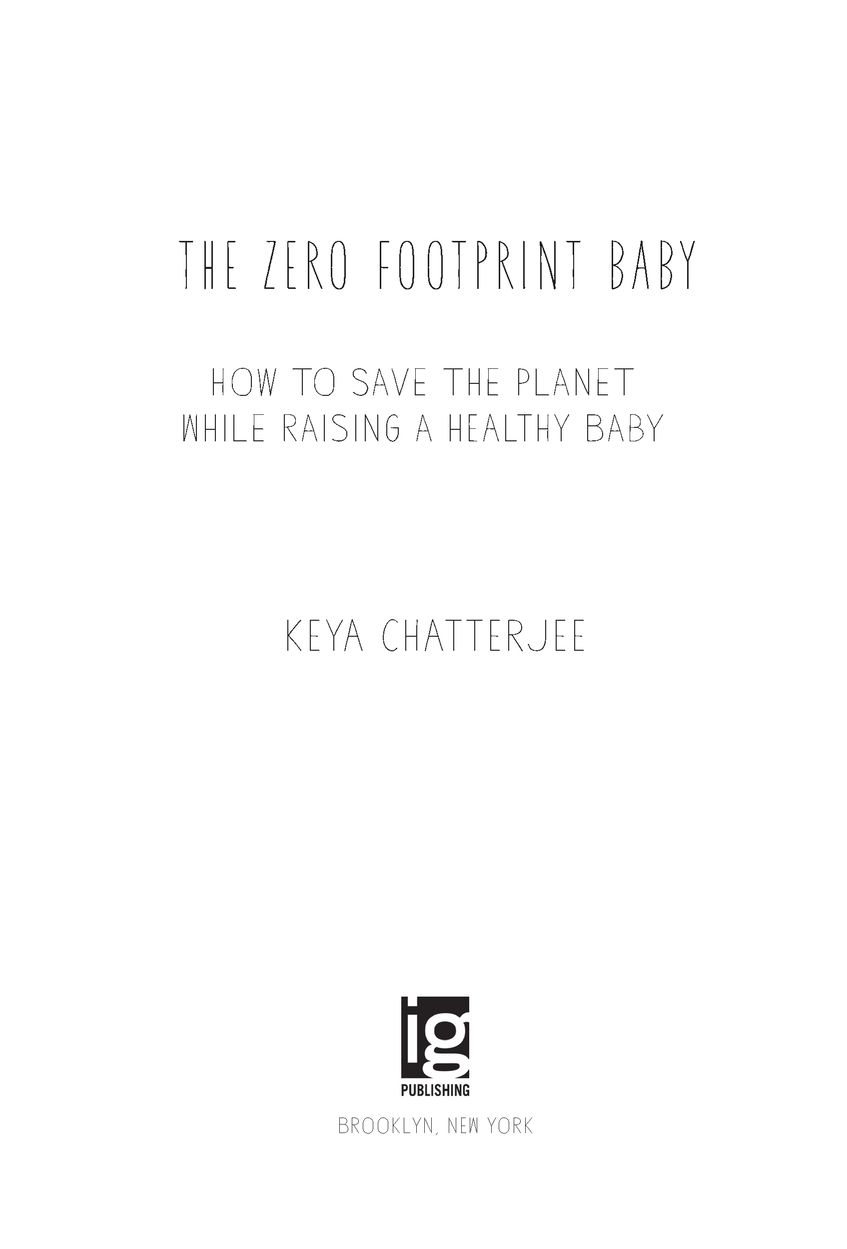Table of Contents
To my guys, with all my love. You make life a joy and an adventure.
INTRODUCTION
Some scientific conclusions or theories have been so thoroughly examined and tested, and supported by so many independent observations and results, that their likelihood of subsequently being found to be wrong is vanishingly small. Such conclusions and theories are then regarded as settled facts. This is the case for the conclusions that the Earth system is warming and that much of this warming is very likely due to human activities.
The National Academy of Sciences, May 19, 2010
Before we became parents, my husband Andrew and I had built a relatively sustainable life. We ate food grown on a local farm, and only bought used clothing. We sold our car and used public transportation to get around town. (Andrew also ran five miles to work each day, while I biked to my job.) We commissioned a home energy audit, insulated our house, and recycled our most energy intensive appliances, which meant we lived without a clothes dryer, andto most peoples astonishmenta refrigerator. In the winter, we kept produce and dairy products in a cooler on our back patio, while in the summer, we were careful to sequence our meals so that we ate all the quick-to-spoil leafy greens early in the week, followed by other vegetables that lasted longer, and lastly, dried foods like lentils and rice or pasta. (We discovered that eggs did not need to be refrigerated at all, regardless of the season.) We never wasted food, since everything we had was always sitting on our counter in plain sight, reminding us to eat it before it went bad. We dug a compost pit in our backyard for our vegetable peels and coffee grounds. We also installed solar panels in our backyard that covered our home energy use. We were even contemplating going off the grid altogether. In short, we tried not to use more resources on the planet than we could replace in our lifetimes. Some people count calories; we counted kilowatts. Living sustainably had become a game for us, and we were getting quite good at it.
And then we decided to have a baby.
Almost immediately, people started asking how we were going to manage raising a child with the confines of our lifestyle. You MUST be getting a refrigerator and a car now? they would ask, or, I guess that means youre giving up on reducing your carbon footprint? And most devastatingly, from our hardcore environmentalist friends, Isnt having a baby inconsistent with addressing climate change?
Finding myself without answers to these kinds of questions, I went about researching how to raise a baby without increasing our familys carbon footprint. I started this quest with the hope that a baby, at least in its first year, could come without any increased pollution. There is a saying that two people can live on less than one, and I was about to find out if those economies of scale could be applied to three.
I immediately discovered that there was no central place to find what I was looking for. I found some stuff on the internet, while other information came from my immediate family members, or from the experiences of friends I knew in the environmental vanguard who were raising kids. Some of the answers I found by digging into my heritage in India, where families generally practice more sustainable lifestyles than they do in the United States, such as not using diapers. I amused my mothers friends to no end by prodding them to remember every detail about infant pooping practices that they had left behind in India when they immigrated to the United States a lifetime ago. Other solutions turned out to be more high tech, like the superefficient refrigerator that we had custom-made for us in Silicon Valley, an appliance so efficient that even the energy of having it trucked across the country was negligible relative to the high-energy consumption of the next-best option. Overall, however, I found it difficult to find information about the carbon footprint of the most basic decisions that most expectant parents face, like how to diaper, what you need to buy, and what to feed your baby.
As a result of this lack of information, I decided to write this book. In the following pages, you will find a compilation of the diverse information I collected so that we could make it through the first year of our babys life without raising our familys carbon footprint by even one pound. Each chapter is an amalgam of the research that I did in order to reach a particular parenting decision, combined with the stories of my family and other families we know. Ive pulled all this information together in one place so that you and yours dont have to comb through scientific journal articles about the life cycle assessment of different products, or spend hours on the internet trying to decipher foreign cloth diaper terms, all the while wondering if cloth diapers are even any better than disposables in terms of pollution.
Why Consider A Zero Carbon Footprint Baby?
Like most new parents, sometimes when I watch my son Siddharth as he sleeps, my eyes well up with tears. And its not just because Im exhausted and hes finally asleep. Its because I so want the best for him. I want him to grow up on a clean, safe and healthy planet. I imagine a future for him that offers just as many opportunities as I was provided as a child. I want him to be able to see Glacier National Park while there is still a bit of glacier left there, and dive in coral reefs before they are bleached. It concerns me that when Siddharth is an adult, a ninety degree day will barely be considered noteworthy in our hometown of Washington DC. Its scary to think about the future impacts of global warming on the planet he will inhabitmore children heading to the emergency room with asthma attacks during heat waves and poor air quality days, 100-year floods hitting more than once a lifetime, rising sea levels encroaching on our coasts, acidifying oceans killing our coral reefs, sea ice melting at stunning rates. It makes me sad to think of the large number of deadly extreme weather events my son will either experience or watch unfold on TV. Just between 2006 and 2012, for example, four out of five Americans were affected by weather-related disasters. I cant help but imagine how hard it will be for Siddharth to grow up in a world where he is exposed to so much climate-induced devastation.
While the enormity of the climate crisis should be enough to frighten any person, as parents, we have made a decision that many believe is inherently part of the problem: we have decided to have children. The assumption has always been that more people on the planet leads to more climate change. That may be true, especially if our children continue to engage in the same type of activities that produce greenhouse gas pollution. On the other hand, it is possible to use the birth of our children as a catalyst to change the way we live and the actions we demand of our government. Through the way we raise our children, we can set an example for how society as a whole can be more sustainable, in the process making people less afraid of the environmental policies and new attitudes that we need in order to secure a safe future for our children.
I should say right up front that our individual acts as parents alone will not save the planet. However, when families act, it creates the enabling conditions for good environmental policy, as well as helping existing policies reach their full potential. One of the main barriers to sound legislation to tackle climate change is an overall societal fear that we cannot thrive economically while reducing our pollution. By modeling parenting behavior that creates less pollution, we have the power to prove that it is possible to reduce our pollution dramatically and have our families thrive at the same time. We can show others that there are viable alternatives to our addiction to fossil fuels, for example. We can dare people to imagine a society where we raise our babies in a way that helps the planet. We can speak with our communities and our elected representatives on these issues more comfortably once we have made changes in our own lives. Using the suggestions in this book, your family can reduce, or even eliminate, the additional carbon pollution associated with your babys first year. By having a lowor zerocarbon footprint baby, parents can reduce their familys greenhouse gas pollution, and in so doing, leave their child the best gift a parent can givea safer planet.



